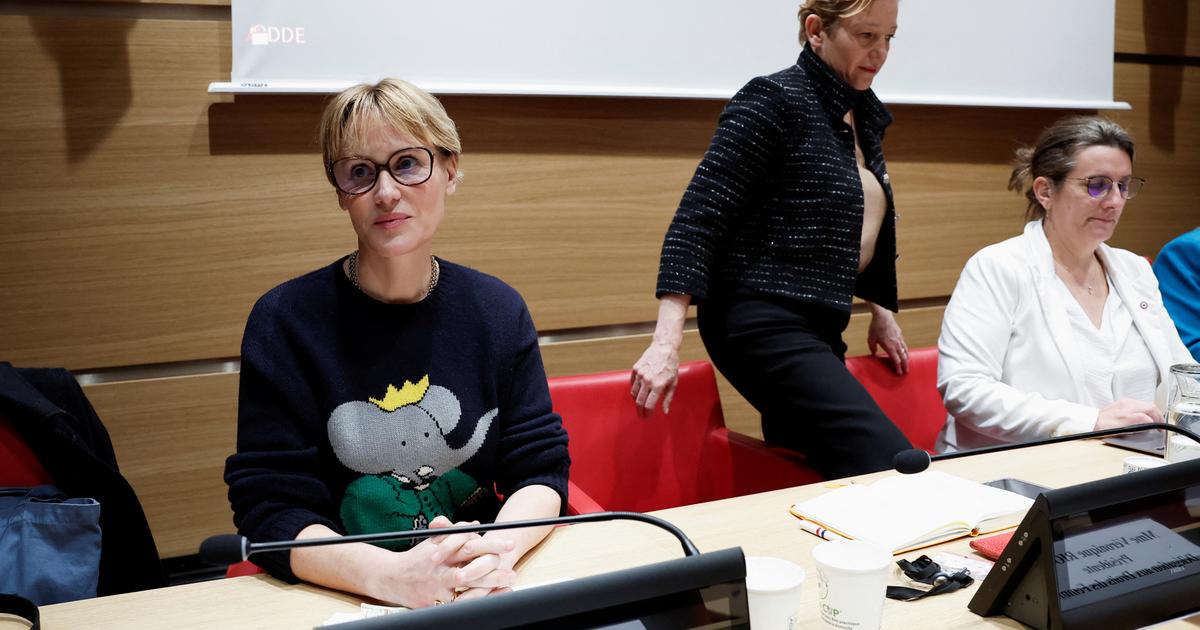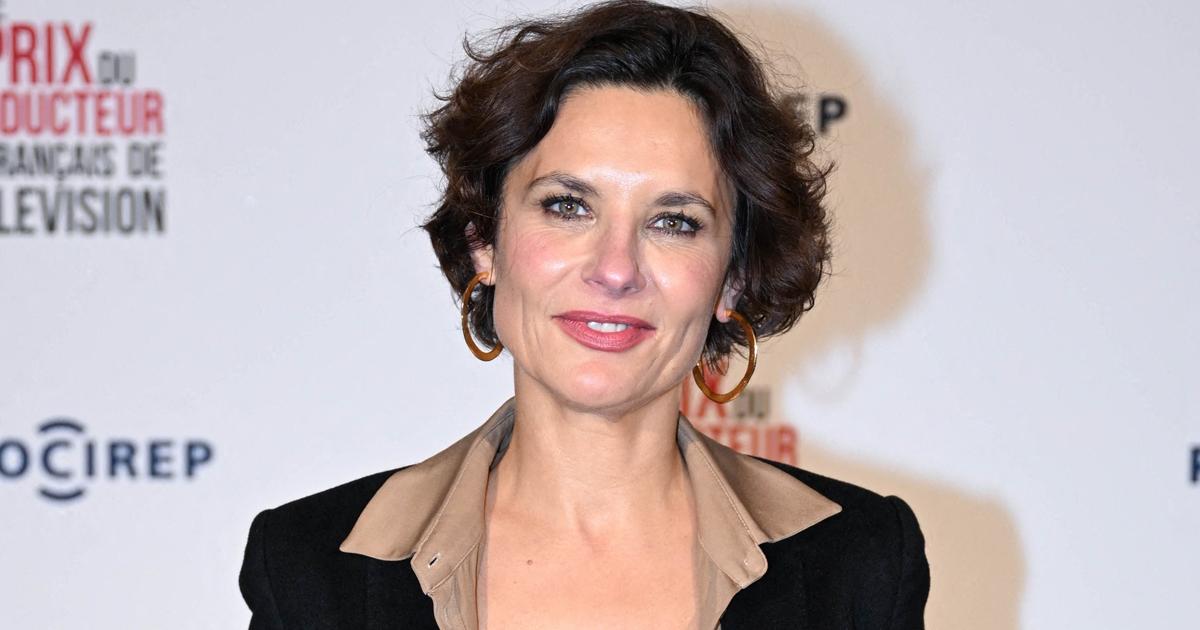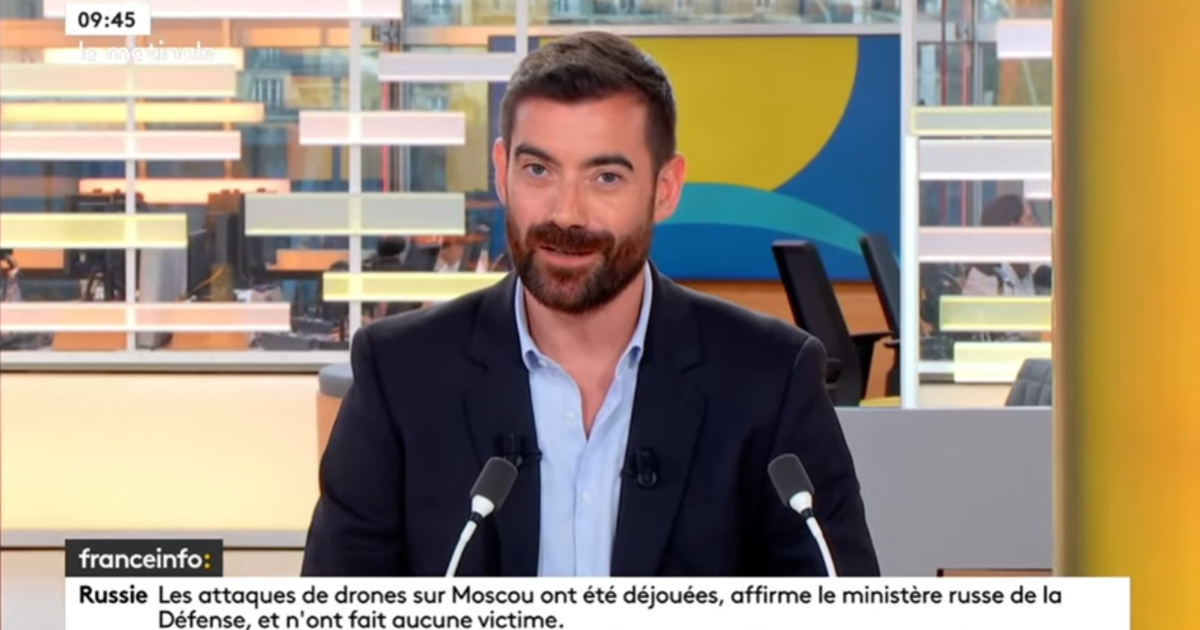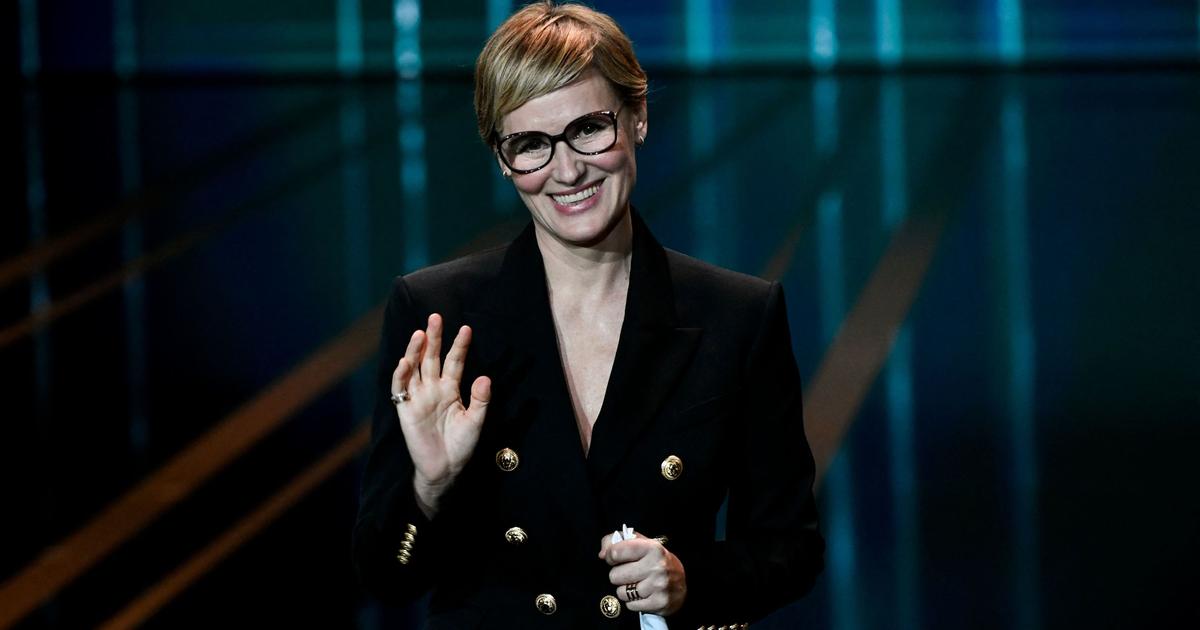Very few Spanish actresses have denounced sexual harassment.
Some, like Maribel Verdú, did it when she was a minor and had to go to the police station accompanied by her parents.
Although awareness of abuse has changed since the outbreak of MeToo in the United States, the cloak of silence continues in Spanish cinema.
This is demonstrated by the fact that none of the interpreters consulted for this report wanted her name to be published.
Many repeat this phrase, with various nuances: “Nothing remarkable has happened to me.
Some uncomfortable situation, although it does not amount to harassment, one of those to report, you know?
The first reaction is denial.
But after the initial rejection, reflection and memories come.
And even the confessions about friends who experienced that situation.
And then,
they perceive in a different way that time that a director not only gave them an indication but also grabbed them in a certain way.
Or that other moment in which a colleague made a comment or an action out of place and they kept quiet so as not to “disturb”.
More information
The film producer Javier Pérez Santana, released and investigated after being arrested for sexual assaults in Los Feroz
Perhaps a figure as execrable as that of the American producer Harvey Weinstein with whom the MeToo movement began in Hollywood at the end of 2017 has not appeared, for the moment, in the Spanish audiovisual industry in the last two decades. That great meteorite whose shock wave propelled the latest feminist wave and changed the way of working in the audiovisual sector, not only in the United States.
What has happened in Spain is that an actor telling an actress moments before filming a sex sequence has ceased to be normalized: "Let's warm up for a while before they start filming."
This situation was experienced by one of the interviewed actresses.
She, in collusion with the director, managed to ensure that "this previous warm-up" that her partner "from another generation" asked for, jokingly, did not happen.
“I didn't need to warm up, or milk,” she recounts, “so we looked at each other with the director.
I would say please and he immediately gave the motor [began to film]”.
This interpreter acknowledges that she did not say anything then, like she did on other occasions, for "not creating an uncomfortable situation."
She only spoke about it with another filming partner who, in her words, "felt much more violated" by this same actor.
She "she told me because he was looking for a bit of complicity with another woman."
Improvement in filming
In filming there have been positive changes.
For feminist awareness since MeToo and because the figure of the privacy coordinator has been created in the film industry since 2018.
“Our job is to guarantee that there is safety and respect in the sequences of nude, sex or intimacy;
and, at the same time, help the director achieve his creative vision”, explained Amanda Blumenthal, one of the pioneers in this new profession, to EL PAÍS in 2021. These coordinators are still a novelty in Spanish filming and at the same time a symptom that respect is not always a guarantee.
Verdú, a veteran in the industry, since she started in film and television as a child, recalled in a Mercedes Milá program how bad she had with José Luis Manzano on the set of
La estanquera de Vallecas
.
The actress told Jordi Évole: "Very important people have banned me from up to ten films for refusing to do covers."
Asked by EL PAÍS, she assures that this is no longer "normalized", and now she "raises her voice knowing that they are going to take action on the matter".
So why have there been no complaints?
"I don't know who denounces or who doesn't, but 40 years ago I did it accompanied by my parents," she says, although she prefers not to give the name of her attacker.
In Spanish cinema, an unwritten protocol like the one that various opera singers and workers carried out with Plácido Domingo in the US has once been applied: never be alone with him.
A production company remembers a shoot in which the costume designer warned her that when the young lead actress changed her clothes, the director stayed there.
So there were always several people present, who also invited the director to leave the room.
“It happened over a decade ago, and yes, it did look like the Domingo protocol.”
Off camera, especially in promotional trips that involve many hours shared with the same people in places that are not strictly work such as hotels, planes, parties after award ceremonies and festivals, these situations that are no longer "normal" are repeated. ”.
An actress recounts a promotion in which a director "threw the junk" and she made it clear to the rest of her that she was not interested.
“The next day she kissed me in front of everyone as if to show that she had fucked me,” she recalls.
"Now I would still have slapped him to make it clear that he was an asshole and that he had not fucked me."
The director Pedro Almodóvar receives the Feroz de Honor at the award ceremony of the tenth edition of the Feroz Awards. Javier Cebollada (EFE)
This harassment is reminiscent of what the actress Jedet experienced at the last Feroz Awards party.
The producer Javier Pérez Santana, according to witnesses consulted by this newspaper, dedicated himself to "kissing on the mouth and neck" and "touching" various assistants without their consent.
Some of them, like the journalist Bob Pop, whom he tried to kiss three times, didn't give it much importance at the time: “I thought: 'I've already got the slobber from the party.'
The 30-year-old interpreter of the
Veneno
series , from another generation, did not identify it as a slob, but as a sexual assault, which is why she asked the awards organization to call the police who arrested the producer.
Few complaints
Judith Colell, producer, director and president of the Catalan Film Academy, recalls that this institution has a department against abuses in the audiovisual and performing arts, "and programs with protocols and protection of victims are included there."
“But it is true that I am not aware of any recent legal complaints,” she adds.
Because?
“Because we are a smaller industry, and victims want and need anonymity.
I don't know of any direct case, but I do know of rumors.
What has become clear after the Feroz is that no matter how much you go to a party, not everything is allowed”.
"That slimy has always existed, but not only in the cinema, but in any field of culture," says Berta Ojea, actress and creator of the Secretariat for Equality of the Union of Actors and Actresses.
"Until you make it clear that a problem exists, it does not exist."
The interpreter, who has already handed over her position at the head of this organization, recalls how at the beginning of this century, when she launched this initiative to raise awareness and denounce inequality in the sector, she received many cases.
But she specifies, "do not report."
In other words, she Ojea differentiates between all those situations that cultural women told them in search of support and advice and those that finally decided to go to the authorities.
“There were very few,” she confirms.
Other interviewees do emphasize that they know of cases of friends, whom they have invited to denounce, but… “I understand, they are young actresses and you are afraid to risk it.
Someone with prestige and a career already done should come out so that the others can follow it under their protection”, explains a filmmaker.
“It has to happen as in the case of Weinstein, who also denounced the men around him, disgusted by the behavior.
We must not only focus on the victims, but also on who protects the harassers, and those colleagues have to take a step forward”.
Cristina Andreu, president of CIMA, the association that brings together women filmmakers, describes the same.
“We are waiting for the Goya Awards to pass, which in this edition celebrate a great season of films made by women, to send a letter to our members encouraging them not to be silent,” she says.
This action was already carried out in 2021. “On that occasion, no one contacted us.
Things have not changed, let us not be fooled by the fact that the cases are not made public: we work in a small industry where fear triumphs”.
Image from the documentary 'The yellow roof', by Isabel Coixet.
Andreu has collaborated on the documentary
El techo amarillo
, by Isabel Coixet, a Goya candidate in its category, which tells how in 2018 nine women filed a complaint against two of their teachers at the Lleida Theater Class for sexual abuse that occurred between 2001 and 2008 when they were teenagers.
It was too late: the complaint arrived when the case had already expired and was filed.
Last Wednesday, another student from her last year, four years ago, again denounced the teacher and director of the school, Antonio Gómez.
"This case has not expired and now we do hope that this sexual predator ends up in jail," explains Andreu.
Coixet describes "the fear of not having another opportunity, because you live in precariousness", especially in the case of beginning actresses.
The filmmaker recalls: "My documentary explains how we are going to ask people to report it, when later you are discredited when they blame you for justifying your behavior."
In Spain, there have not been massive complaints as happened in the case of Weinstein and, later, with Plácido Domingo.
"Women do not report and that is also part of machismo, of the patriarchal system, because we put the problem in the victim, not in the aggressor," argues Ojea.
"They already suffer the aggression so that on top of that they have to be the heroines."
The veterans who did not report assume that doing so now would not have legal consequences due to the statute of limitations for the crimes, in addition to the fact that, in the words of an interviewee, "those who are mothers do not want to go through the shame of their children knowing what happened to them ”.
power figure
During Ojea's stage at the helm of the Secretary for Equality of the Union of Actors, the cases that came to them were made public without giving names, and, as she herself explains, "they took the producers so they knew what was happening." .
These are not detailed reports, nor dozens of complaints.
What does seem to be repeated is that figure of power who, in his assumed impunity, grabs an actress from behind after a clash over a work matter and tells her, as one of the interviewees recounted: "You and I What we have to do is fuck”.
Patriarchy is the argument that the interpreters consulted reiterate to try to make it clear that cinema is no exception.
“This happens to us because we are women”, will be heard several times during the dozen interviews conducted for this report.
Although the work with the body, the proximity of a shoot and the idea that for art you have to go all the way give this industry certain particularities.
María Zamora, producer of
Alcarràs
,
winner of the last Berlinale, has chosen to carry out projects only with female directors.
“Very consciously,” she notes.
“The situation has not changed because the problem is social, it goes beyond the cinema.
In our industry, the American MeToo has not had any repercussions.
We have not gotten further than wondering why there is no Spanish MeToo.
Fears of being told that you "exaggerate", "you know how he is", "he's drunk", and similar excuses continue.
Jedet's complaint does reveal that there are red lines that can no longer be crossed.
And that's positive."
If you know of any case, write to us at amarcos@elpais.es and gbelinchon@elpais.es
Subscribe to continue reading
Read without limits
Keep reading
I'm already a subscriber

/cloudfront-eu-central-1.images.arcpublishing.com/prisa/4P3NPP6B3REFBNQ5IGHXMJH5N4.jpg)
/cloudfront-eu-central-1.images.arcpublishing.com/prisa/NS3ZU25XBNH4BJLTJPBCRCLEXE.jpg)








/cloudfront-eu-central-1.images.arcpublishing.com/prisa/S7ERVSCT4FUVX6R7TUVBDNTH5Y.jpg)



